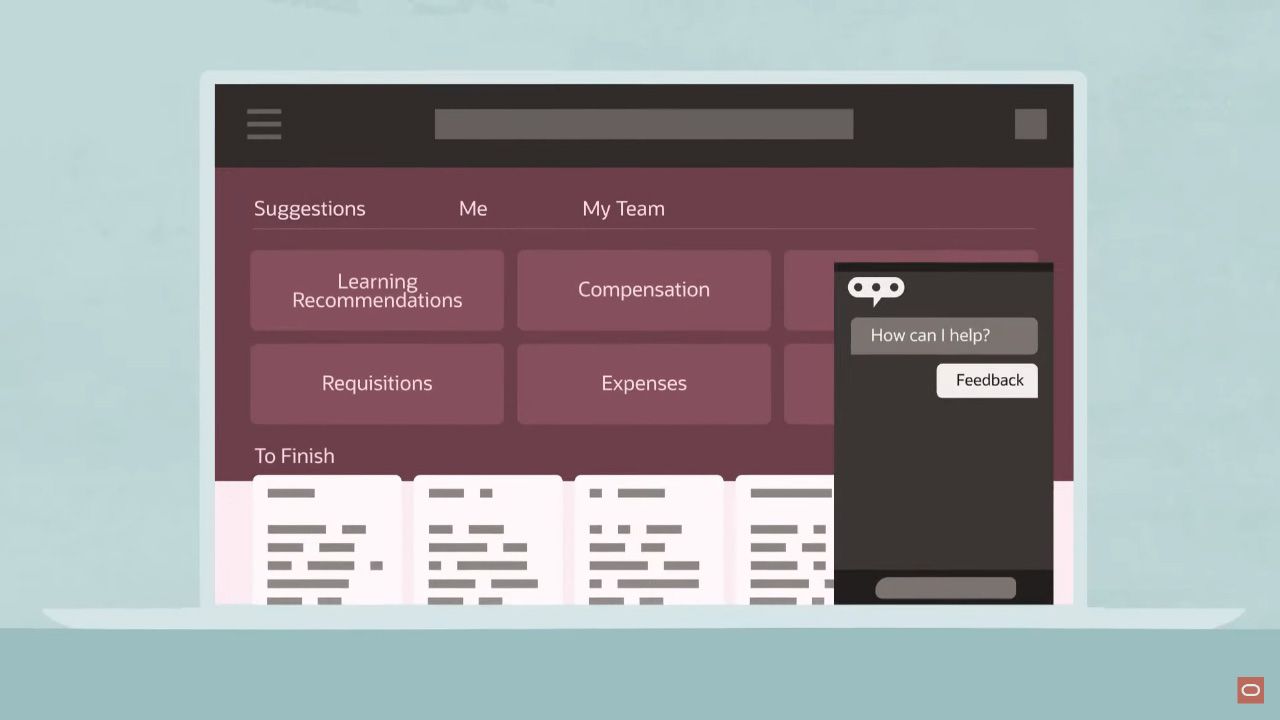
Solutions
Oracle BI Apps
Sales analytics is the process of analyzing and reporting on sales data to gain insights into sales performance, customer behavior, market trends, and sales opportunities. Sales analytics can help sales managers and executives make data-driven decisions to improve sales efficiency, effectiveness, and profitability.
Oracle BI Apps is a comprehensive suite of prebuilt business intelligence applications that can help you leverage the power of sales analytics. Oracle BI Apps integrates with various source systems, such as Oracle E-Business Suite, Oracle Fusion Applications, Salesforce, SAP, and others, to provide a unified and consistent view of your sales data across the enterprise.
Oracle BI Apps offers a range of features and benefits for sales analytics

- Dashboards and reports that provide interactive and visual analysis of key sales metrics, such as revenue, pipeline, quota attainment, win/loss ratio, customer satisfaction, and more.
- Drill-down and slice-and-dice capabilities that enable you to explore the details behind the numbers and identify the root causes of sales performance issues.
- Predictive analytics and what-if scenarios that help you forecast sales outcomes, optimize pricing and discounts, and evaluate the impact of different sales strategies and actions.
- Mobile access that allows you to access your sales analytics anytime, anywhere, from any device.
- Self-service analytics that empower you to create your own custom reports and dashboards without relying on IT.
- Data security and governance that ensure that your sales data is accurate, consistent, and compliant with your business rules and policies.
How to get started with Oracle BI Apps for Sales Analytics

If you are interested in using Oracle BI Apps for sales analytics, here are some steps you can take to get started:
- Assess your current sales analytics needs and challenges. Identify the key questions you want to answer with your sales data, the source systems you want to integrate with, and the metrics and KPIs you want to track and measure.
- Choose the Oracle BI Apps modules that best suit your needs. Oracle BI Apps offers several modules for different functional areas, such as Sales Analytics, Marketing Analytics, Service Analytics, Financial Analytics, Procurement and Spend Analytics, and more. You can choose the modules that are relevant for your business and customize them according to your requirements.
- Deploy Oracle BI Apps on your preferred platform. Oracle BI Apps can be deployed on-premise or on the cloud, depending on your preference and budget. You can also choose between a standard or a rapid deployment option, depending on your timeline and resources.
- Train your users and stakeholders on how to use Oracle BI Apps. Oracle BI Apps provides a user-friendly interface that is easy to learn and use. However, you may still need to provide some training and guidance to your users and stakeholders on how to access, navigate, and interpret the dashboards and reports. You can also leverage the online documentation and support resources provided by Oracle.
- Monitor and evaluate your sales analytics results. Once you have deployed Oracle BI Apps for sales analytics, you should regularly monitor and evaluate the results. You should check whether the dashboards and reports are providing the insights you need, whether the data quality and accuracy are satisfactory, whether the performance and scalability are adequate, and whether there are any issues or gaps that need to be addressed.
